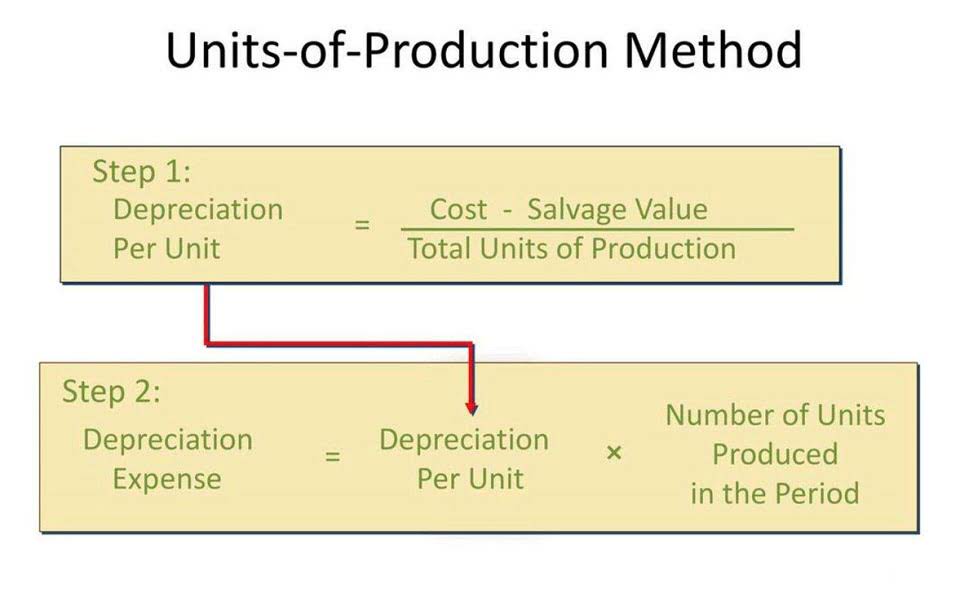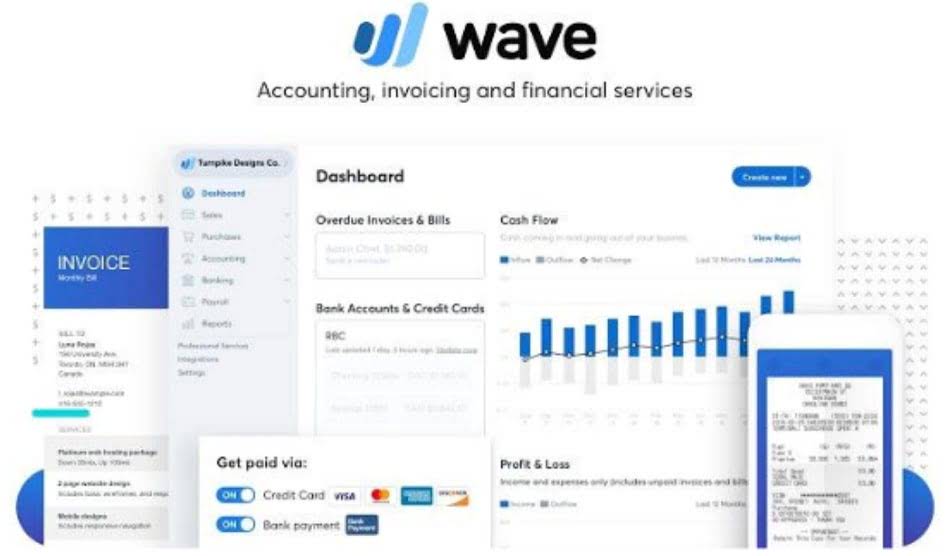Dental Accounting Mistakes Made & How They Can Be Avoided

We combine expert compliance with innovative tax planning to minimize your tax burden and maximize practice growth. General financial documents should be retained for 7 years, while equipment purchase records and practice formation documents should be kept permanently. Is your practice consistently maintaining enough cash reserves to cover at least 2–3 months of operating expenses?
7 Tips to Choose the Best Dental CPA
- Good bookkeeping for dentists isn’t just about tracking money; it’s about making sure your practice stays healthy and grows.
- Late payments disrupt operations and add stress to the daily grind.
- Contact us to help you with your foreign tax needs today, and watch your business grow.
- Misclassifying expenses—such as dental supplies, lab fees, or continuing education—can result in missed tax deductions, leaving money on the table.
- As we mentioned above, one of the key duties of a professional bookkeeper is to create a chart of accounts.
- You’ll likely have fewer patients, but your profit margins for each one should increase.
With expertise in dental bookkeeping, we optimize your billing cycle, track patient receivables, and accelerate insurance claim collections to ensure steady cash flow. From tax preparation to identifying deductions, we keep your practice compliant while maximizing savings. Assuming your bank balance reflects your actual financial position can be a costly mistake. Delayed insurance reimbursements, unrecorded patient co-pays, or duplicate charges can easily slip through unnoticed.
Delaying Professional Bookkeeping and Tax Support
- Understanding your full financial picture, including accounts receivable and payable, is key to improving cash flow management for dental practices in Newport Beach in Newport Beach.
- Remember that the label given to a worker doesn’t determine their status—the actual working relationship does.
- This might make patients happier and more satisfied with your service.
- And for dental professionals, proper bookkeeping for dentists is the foundation of a profitable and stress-free practice.
- As an employer, you’re responsible for half of the FICA tax amounts for each employee.
Permanently save receipts, whether paper or digital, even for small purchases. Wherever possible, steer clear of cash transactions without permits. Dental practices rely on costly equipment—X-ray machines, sterilization units, chairs, and software subscriptions. Too often, these assets are logged as one-time expenses instead of being depreciated properly over time.
What’s included in the bookkeeping service?

It’s important to keep in mind that inaccurate bookkeeping practices will impact the profit and loss statement most of all. Inaccuracies can create a snowball effect with one missed transaction snowballing into a cash flow issue. Every https://www.bookstime.com/ misguided transaction will significantly affect your statement and improper bookkeeping could lead to making misinformed decisions that could put your practice at great financial risk. Once your accounts are reconciled and your practice’s bookkeeping is up to date, you are able to generate financial reports and clarify precisely how well your dental practice is doing. Setting clear and actionable goals for your dental practice is key to achieving long-term success and sustainable growth.

- It gives you a clear view of the financial state of the business and can be used to make your business run more efficiently.
- So take care of your obligations—and your employees—by making complete payroll tax payments on time.
- Our highly effective tax planning strategies will ensure that your practice is taking advantage of all available deductions so you never overpay on your taxes.
- Archer Lewis, LLC and its subsidiary entities are not licensed CPA firms.
- Addressing these bookkeeping mistakes is key to maintaining a profitable and compliant dental practice.
You might be running a larger dental practice, or the job is just too much dental bookkeeping to hand off to an office manager. Insurance billing is where too many dental practices leave money on the table. Learn dental coding, clean claim submission, and insurance workflows—without the fluff. Our team is composed of seasoned professionals, including accountants, dentists, controllers, insurance specialists, and bookkeepers. Each team member brings specialized knowledge to ensure exceptional service and expert guidance in financial management. Many practices find that outsourcing allows them to reclaim valuable hours and reduce stress.
One way to stay on top of your accounts receivable is to use a software system that can track payments and send reminders to patients who are behind on their payments. There are a number of different software systems available, so be sure to do your research to find one that will work well for your dental practice. Working without a qualified accountant is a mistake that any business can make. A dental office can easily make costly mistakes with paying taxes, setting up payroll, and managing other financial-related tasks without the help of a professional. Bookkeeping may not be the most exciting part of running a dental practice, but it’s one of the most important.

Compliance status

That’s why it’s important to reconcile the financial details as you go. Reviewing your finances is an important part of ensuring your bookkeeping process is working well. Not reviewing your financial situation regularly can leave you with unanswered questions about your business. If you decide that bookkeeping Suspense Account isn’t your strong suit, they also have a paid bookkeeping service to make the process even easier.
- Our staff provide timely and accurate dental accounting, financial reporting, bookkeeping, tax services, and benchmarking analysis to help you make informed decisions about your practice.
- They must know the law, the tax code and medical accounting standards.
- Even a simple lunch with a colleague can be a deductible business expense—if it’s tracked properly.
- Cooper Norman has a full-service accounting team that can benefit your dental firm with its accounting services.
- Because the majority of our services are non-attest, Duckett Ladd Advisors, LLC will be your service provider unless otherwise noted.
- Patients coming in and out, scheduling, and dental billing take less time than targeted financial planning.
A bounced check or a failed credit card transaction should be recorded immediately to keep your books accurate. First, reverse the original payment entry in your accounting system. If applicable, charge an NSF (non-sufficient funds) fee based on your office policy. Then, follow up with the patient to arrange an alternative payment method. If they don’t respond, you may need to escalate the matter by offering a payment plan or sending the account to collections.
Our staff provide timely and accurate dental accounting, financial reporting, bookkeeping, tax services, and benchmarking analysis to help you make informed decisions about your practice. Bookkeeping mistakes in dental practices lead to mismanaged cash flow, compliance issues, and, in some cases, financial fraud. From inaccurate expense tracking to billing errors, even small bookkeeping mistakes can snowball into costly consequences.
